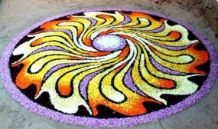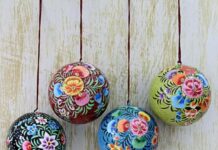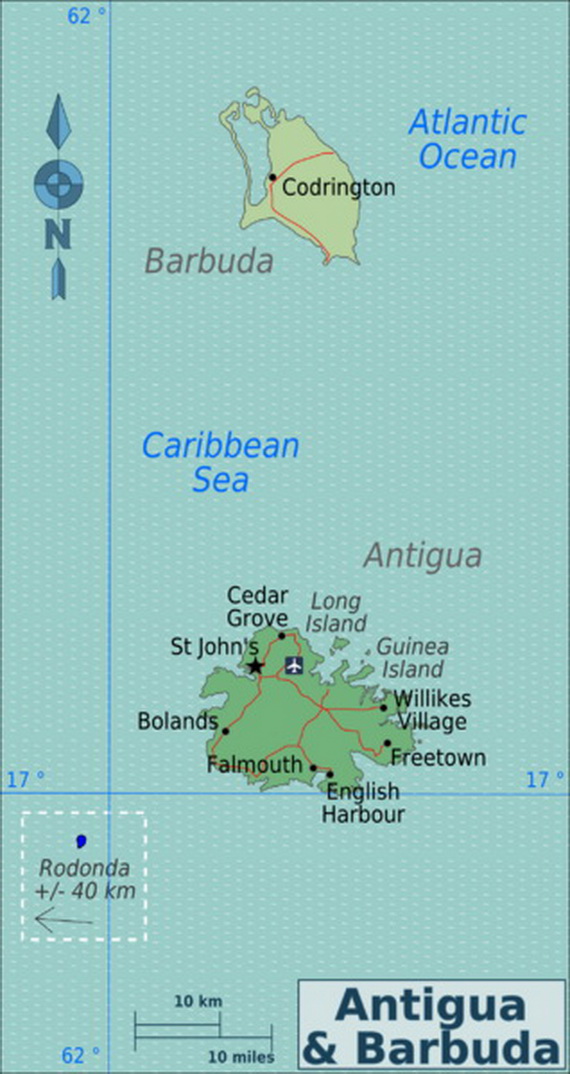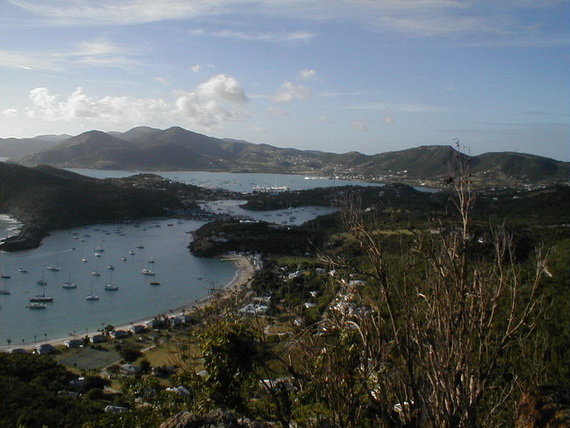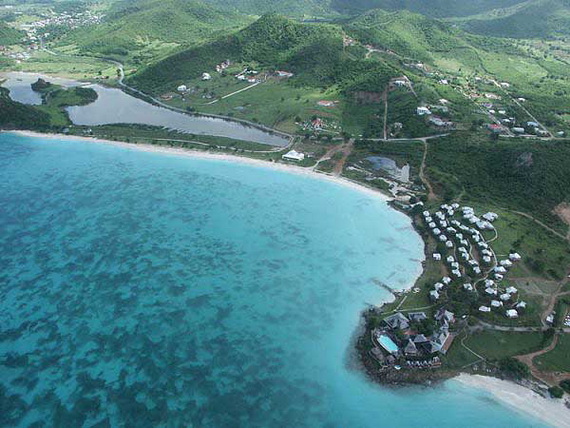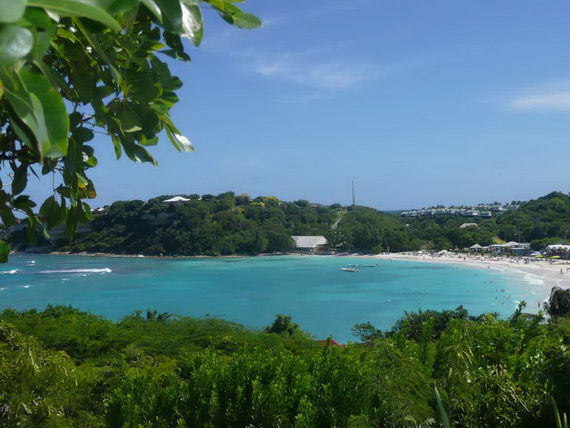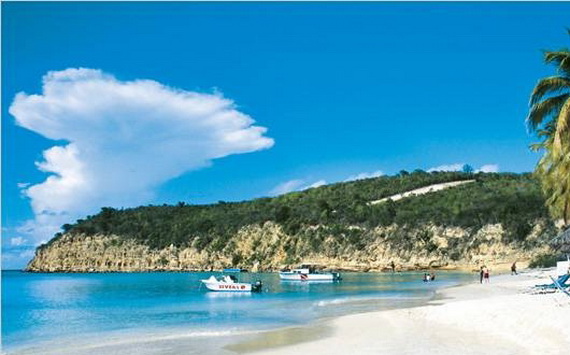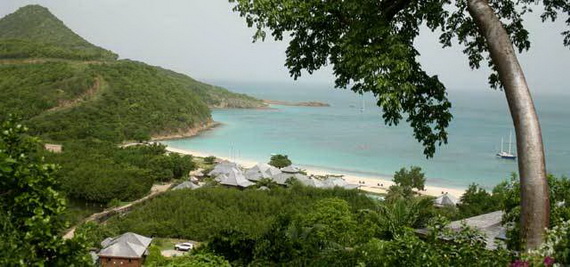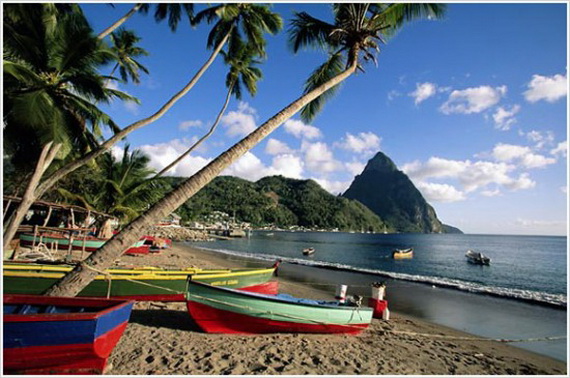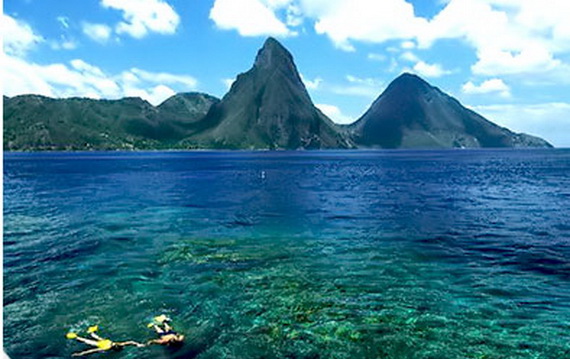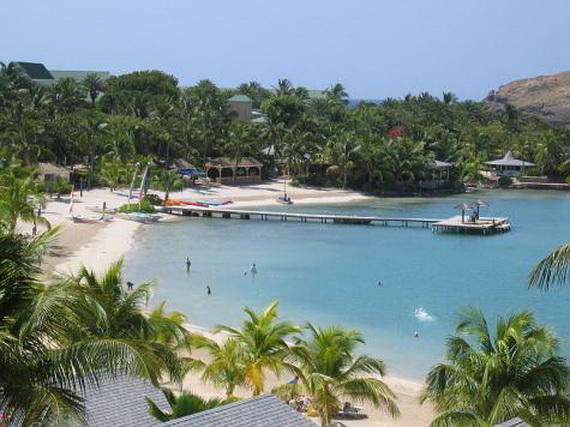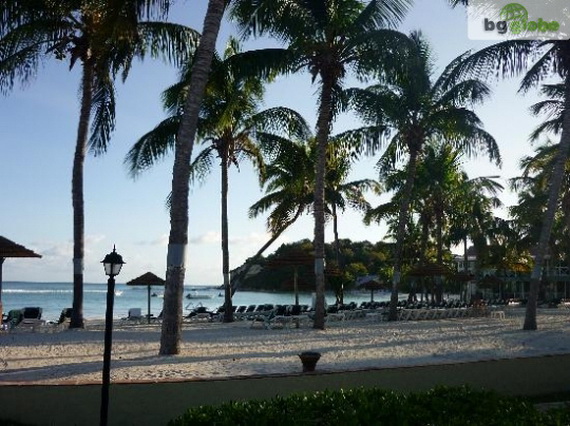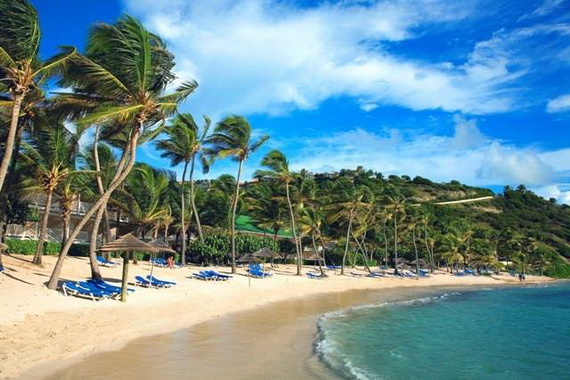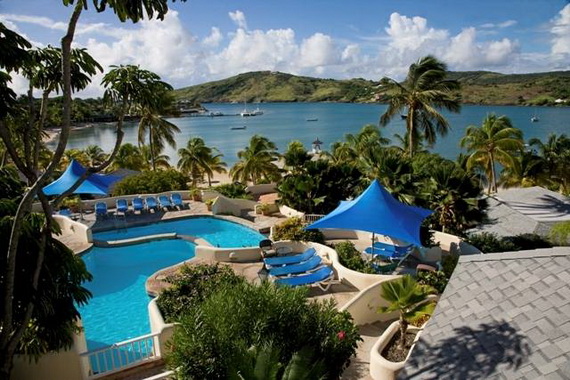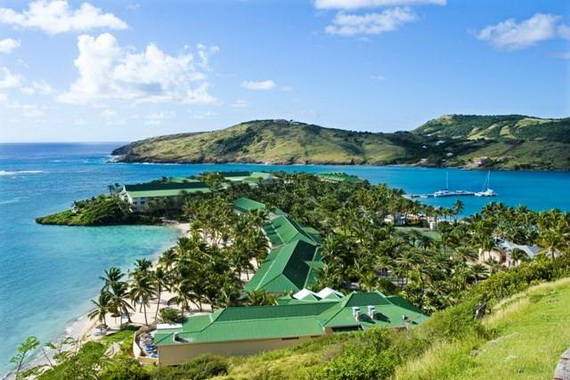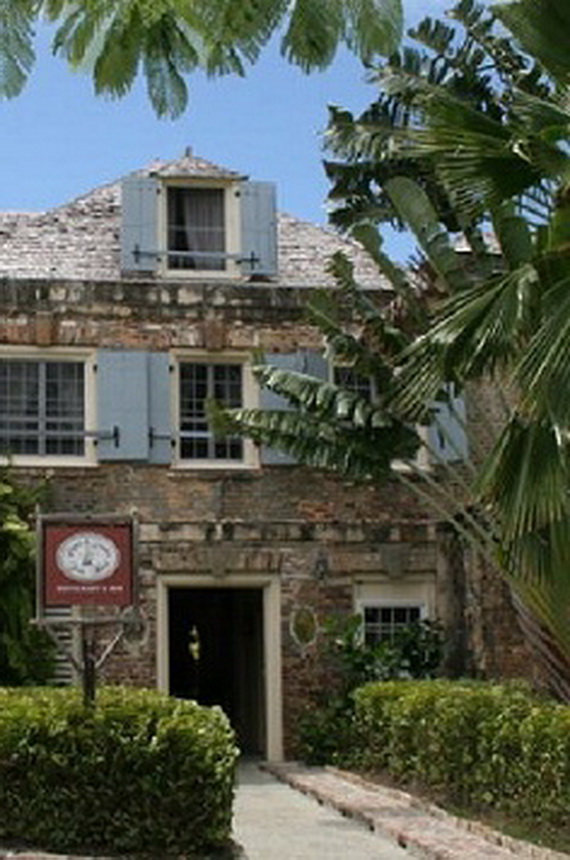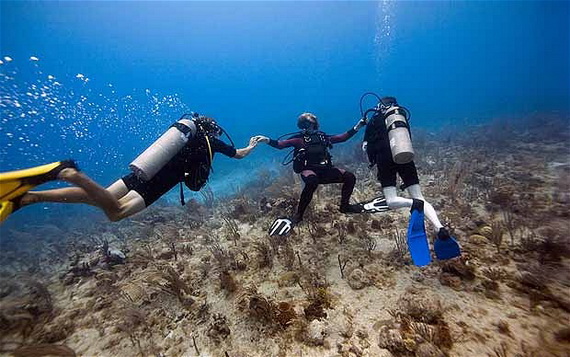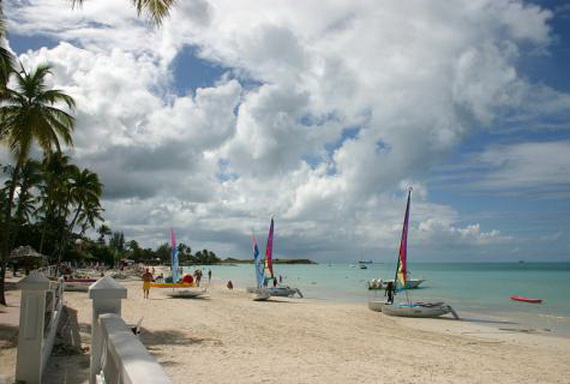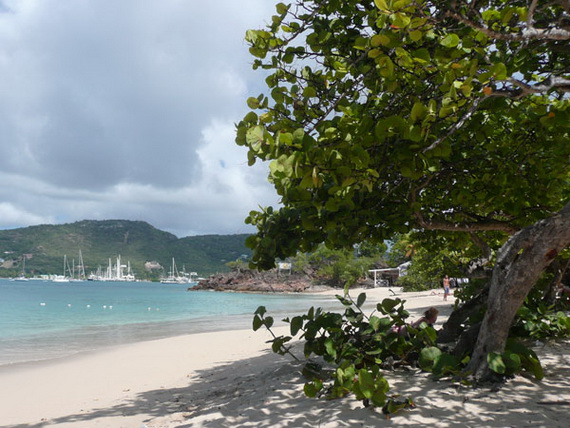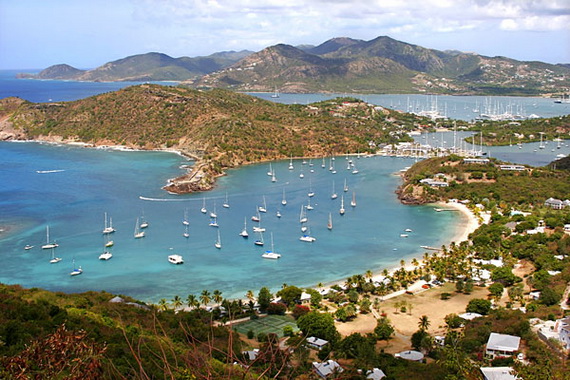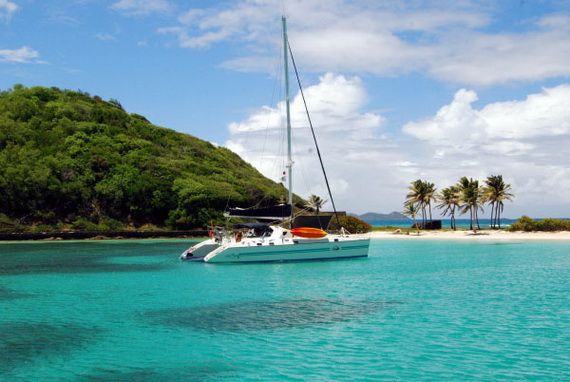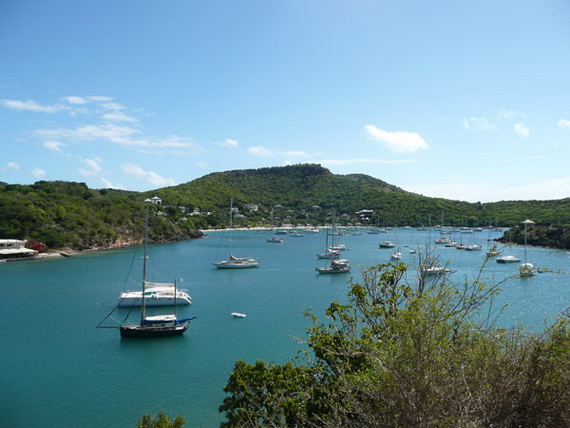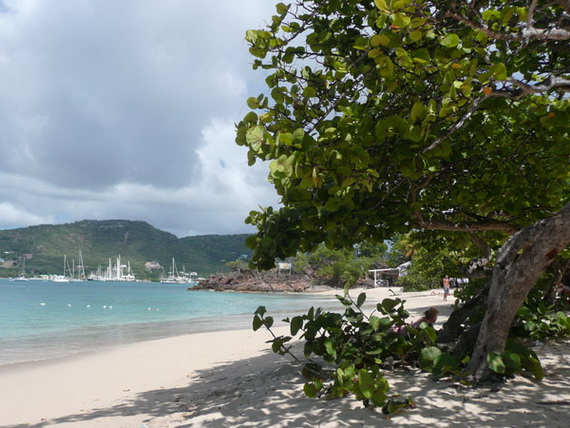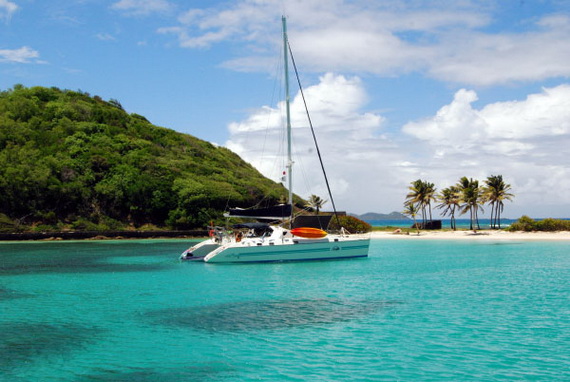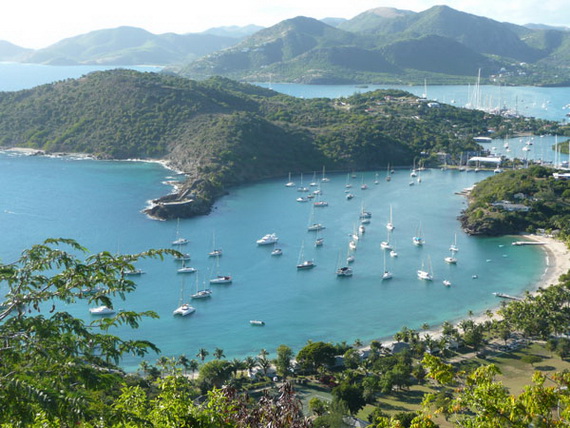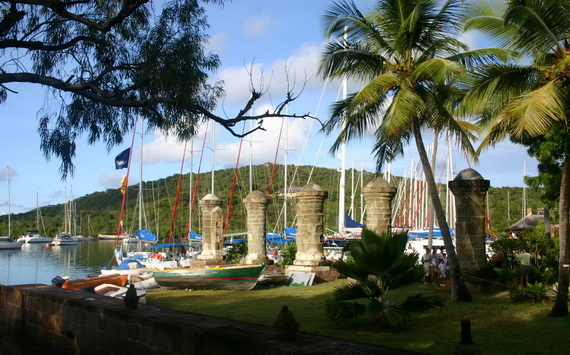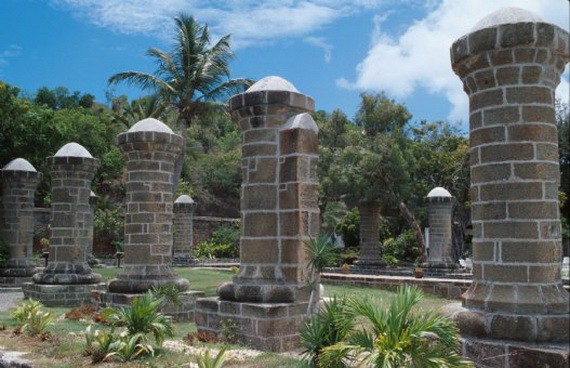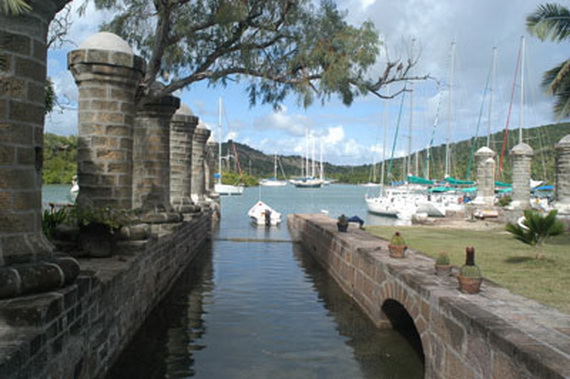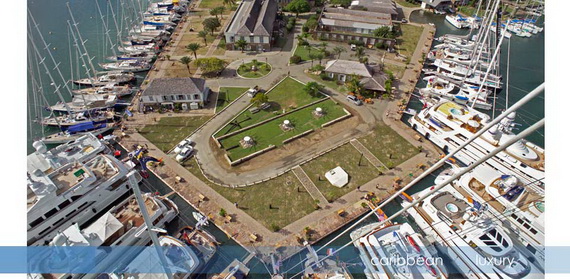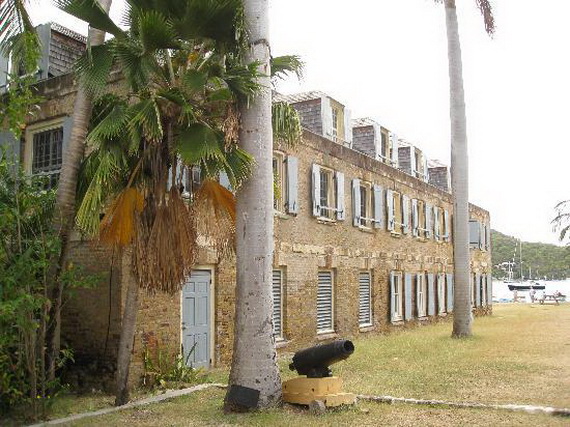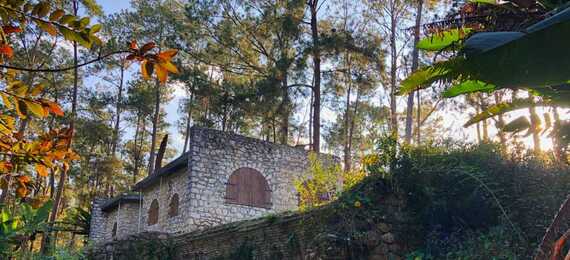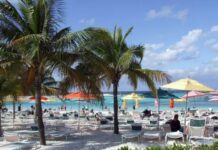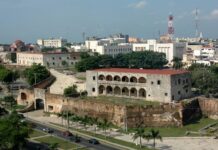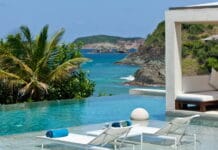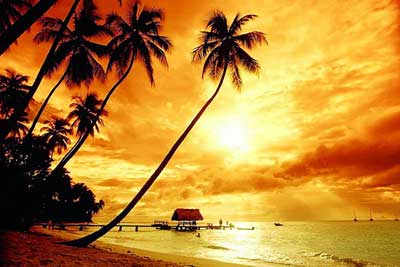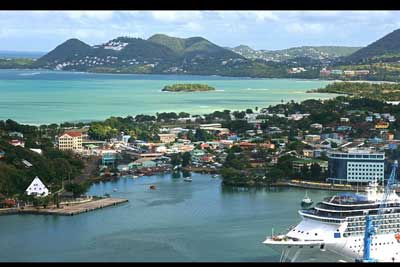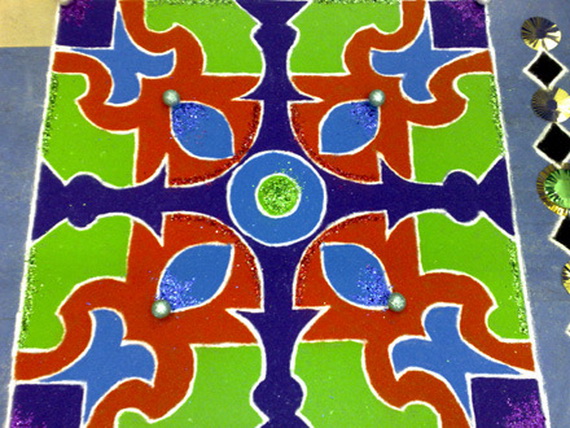Antigua, is one of the smaller Caribbean islands, but the largest of the Leeward Islands in the West Indies, the main island of the country of Antigua and Barbuda. Antigua, is located in the eastern Caribbean, northeast of St. Kits and Nevis, and north of St. Lucia and Dominica. Antigua was a former British colony. It is easy to get around by land and sea and also by air to the neighbouring islands.
Simply, Antigua is a gem friendly island, rich in history. An enchanting blend of restored historical sites of the colonial-era architecture which are reminders of colonial efforts to ensure its safety from invasion and rugged cobblestone streets.
For example one of the most popular draws; Nelson’s Dockyard which is the only continually working Georgian Shipyard in the world, and many other military sites which have been fully restored as a popular tourist attraction with 18th century details.
All the historical sites of the colonial-era architecture are well peppered with ruins and brimming with all the amenities a traveler could want, there you will find beautiful boutique hotels, fine restaurants, and plenty of shopping and activity options. Although Antigua was a former British colony, it is now an independent nation, it still retains many English traditions.
Antigua is blessed with a mix of lovely white sandy beaches, lagoons and natural harbours. Antigua is known across the Caribbean for its 365 beautiful beaches. One beach for every day of the year on the Caribbean island of Antigua, encircling the island like a giant necklace. Many of them stunning sugar-white strands protected by coral reefs which are perfectly ideal stop off for Caribbean cruises. Antigua is blessed also with wide range of water sports as snorkeling scuba and windsurfing especially on the Atlantic side of the island beside sailing , kayaking, biking, hiking, play golf and much more.
The capital, St. John’s, is a bustling town ripe for exploring, dotted with weathered wooden houses with corrugated iron roofs and louvered verandas. The best shops are centred around Heritage Quay and Redcliffe Quay.
The Siboney (an Arawak word meaning “stone-people”), were the first to inhabit the islands of Antigua and Barbuda in 2400 B.C.. The Siboney were succeeded by the Arawakan, but Arawak (agricultural Arawakan 35-1100 A.D.),and Carib Indian (an aggressive people who ranged all over the Caribbeans ) populated the chain of islands now called the Lesser Antilles when Columbus landed on his second voyage in 1493 who sighted the island in passing and named it after an icon in Seville Cathedral, Santa Maria la Antigua.
Early settlements by the Spanish and French were succeeded by the English who established a colony the first of its kind from Europe in 1667.
Any European settlements by the Spanish and French didn’t occur for over a century because of Antigua’s dearth of fresh water and abundance of determined Carib resistance. Finally, in 1632, a group of Englishmen from St. Kits established a successful settlement forming a colony in 1667. By the end of the eighteenth century Antigua had become the “gateway to the Caribbean,” an important strategic port and a valuable commercial colony. The island remained British ruled until 1967 except for a brief Spanish and French occupation.
Similar to other Caribbean lands, slavery, established to run the sugar plantations on Antigua, was abolished in 1838. Today, Antigua’s Carnival festivities commemorate the earliest abolition of slavery in the British Caribbean.
The islands became an independent state within the British Commonwealth of Nations in 1981.
Antigua sure enhance any one expectations as there is something for all tastes to enjoy. So go on take the Caribbean sunshine and enjoy an Antigua’s juice or a rum punch.
Travel Resources;
Antigua Hotels – View hotels near this location, check availability, maps, photos and reviews, and book at the guaranteed lowest price.
Antigua Guided Tours – sightseeing tours and activities in the Caribbean.
View a selection of Books on Antigua at Amazon.











